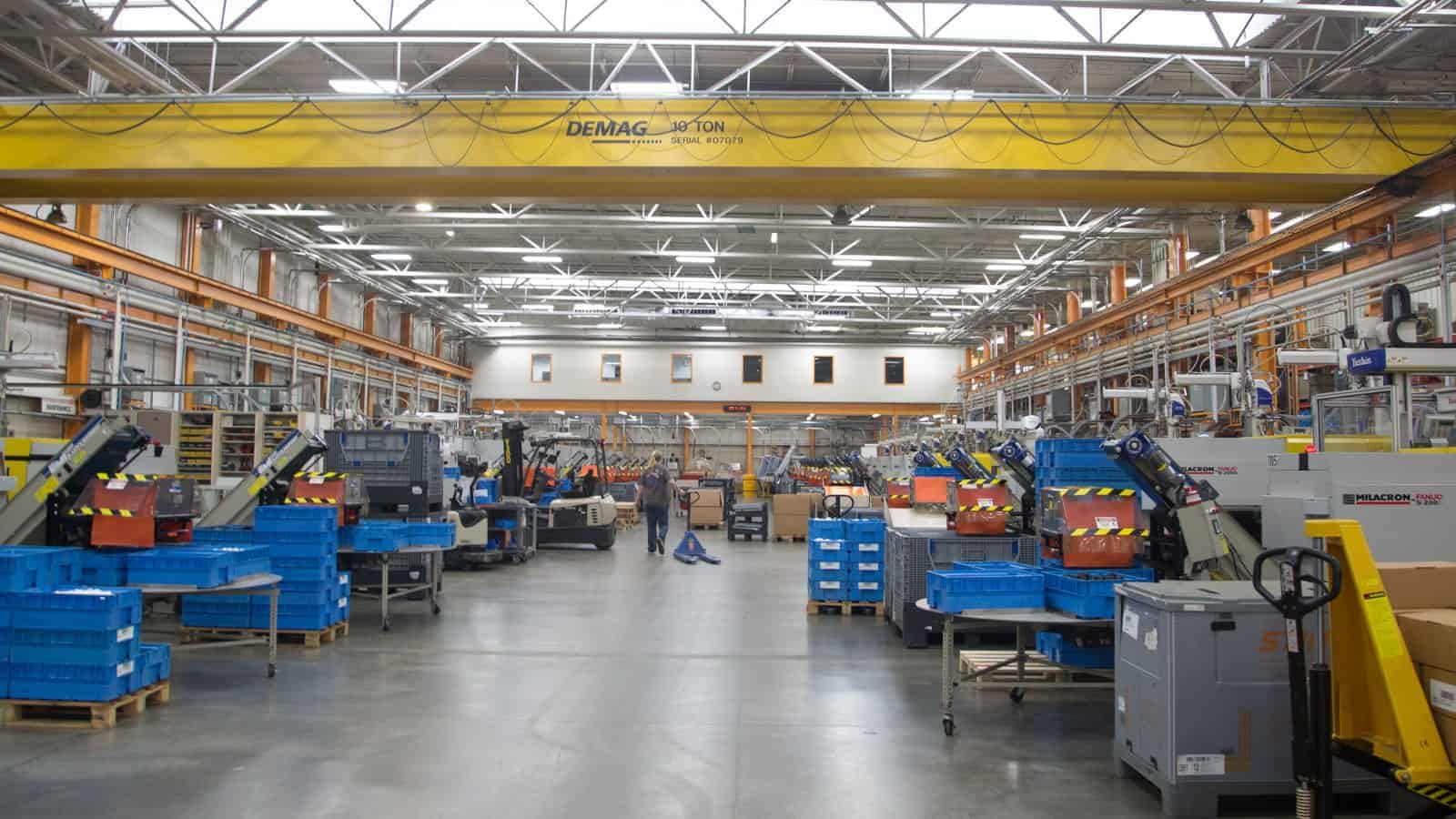Debt Deal a Win for Permitting Reform

The bill passed in the House Wednesday to raise the nation’s debt limit and avert a default makes some of the most significant revisions to U.S. environmental law in years, “potentially accelerating new renewable-energy investments championed by the Biden administration,” according to The Wall Street Journal (subscription).
What’s going on: The Fiscal Responsibility Act, which boosts the U.S. debt ceiling until after the 2024 presidential election and now heads to the Senate, includes several energy infrastructure-related moves.
- Expedites permitting for MVP: The legislation hastens permitting for the Mountain Valley Pipeline, an Appalachian natural-gas project that would bring affordable energy to the Mid- and South Atlantic regions.
- Shortens timelines: It also “tightens the scope of environmental reviews required under the National Environmental Policy Act of 1970 and allows more projects to win approval without having to undergo the most complex types of reviews. It also sets time limits of no more than two years to complete the studies.”
- Streamlines processes: In addition, the bill assigns review of each project to one federal agency rather than multiple agencies and allows infrastructure undertakings “to piggyback on existing reviews for similar projects rather than starting from scratch.”
“Unlocking resources”: Rep. Garret Graves (R-LA), who joined NAM President and CEO Jay Timmons at the recent NAM Competing to Win Tour stop in Harahan, Louisiana, and who wrote a previous measure from which the Fiscal Responsibility Act drew, said the legislation is “all about unlocking America’s resources.” This is a point the NAM has long stressed to Congress, too.
- On Tuesday, after the NAM consistently applied pressure on lawmakers to reach a deal, Timmons urged the House to pass the measure, citing its ability “[t]o strengthen manufacturing in our nation, reach our industry’s full potential and outcompete other nations like China” through permitting reforms.
- Bureaucracy and red tape hamstring plans for critical infrastructure, resulting in “yearslong delays on energy projects, making them unfeasible. The most rigorous type of review takes an average of 4½ years to complete, according to the White House,” the Journal reports.
Something we can all agree on: “‘We see an enormous amount of demand for new clean energy projects that are being held up,’ said Sasha Mackler, who directs the energy program at the Bipartisan Policy Center. ‘That reality has brought Republicans and Democrats together here.’”
